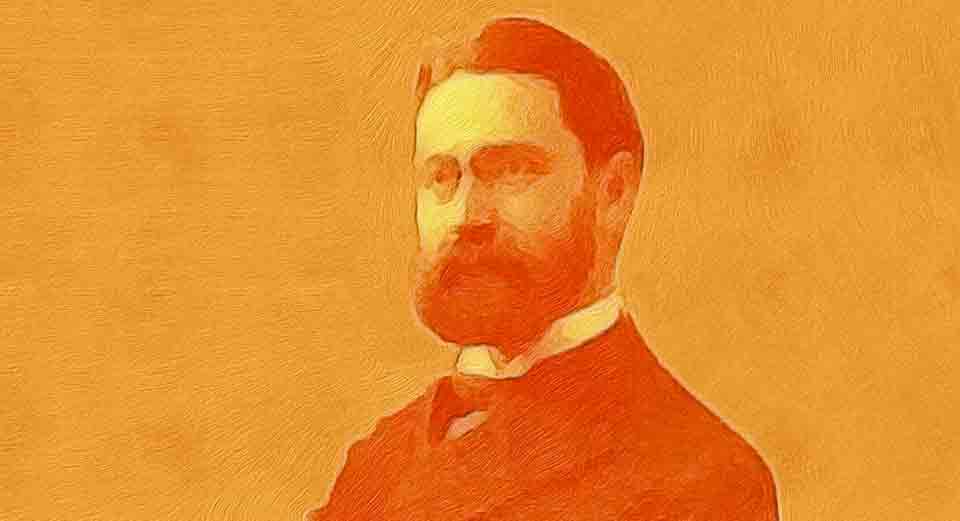Henry Dunning Macleod, Elements of Economics, Volume 1 (1881), p. 118. Relating the leading principles of Étienne Bonnot de Condillac’s Le commerce et le gouvernement, considérés relativement l’un à l’autre: Ouvrage élémentaire, Macleod explains the main idea of modern economics, mutual benefit in exchange:
Condillac lays down, as a fundamental doctrine, ‘A thing has not Value because it has cost much, as is commonly sup posed: but expense is bestowed upon it, because it has great Value.’
Condillac shows that all variations in Value or Price are caused by variations in the Demand or the Supply of commodities: and, therefore, that there is no such thing as absolute price. The price varies from market to market, and is always settled by competition: and it is useless and dangerous to try to prevent these variations. Commerce is the Exchange of two things, and everything which is exchanged is merchandise. Every article of merchandise is the Price of the other. He supposes two things: first, a superfluity of possessions on one part, and secondly a want on the other. Agriculturists and other producers, however, cannot always dispose of their surplus produce on the spot: there is, therefore, need of another class of persons to carry it to where it may be more profitably disposed of: and these persons are called merchants. This gives rise to a greater number of exchanges. Moreover, they give rise to Value: because if there was no Demand for the surplus on the spot where it is given, it would have no Value: but when they transport it to a place where it is wanted, it acquires a Value.
In this manner, therefore, Commerce augments the mass of riches.
